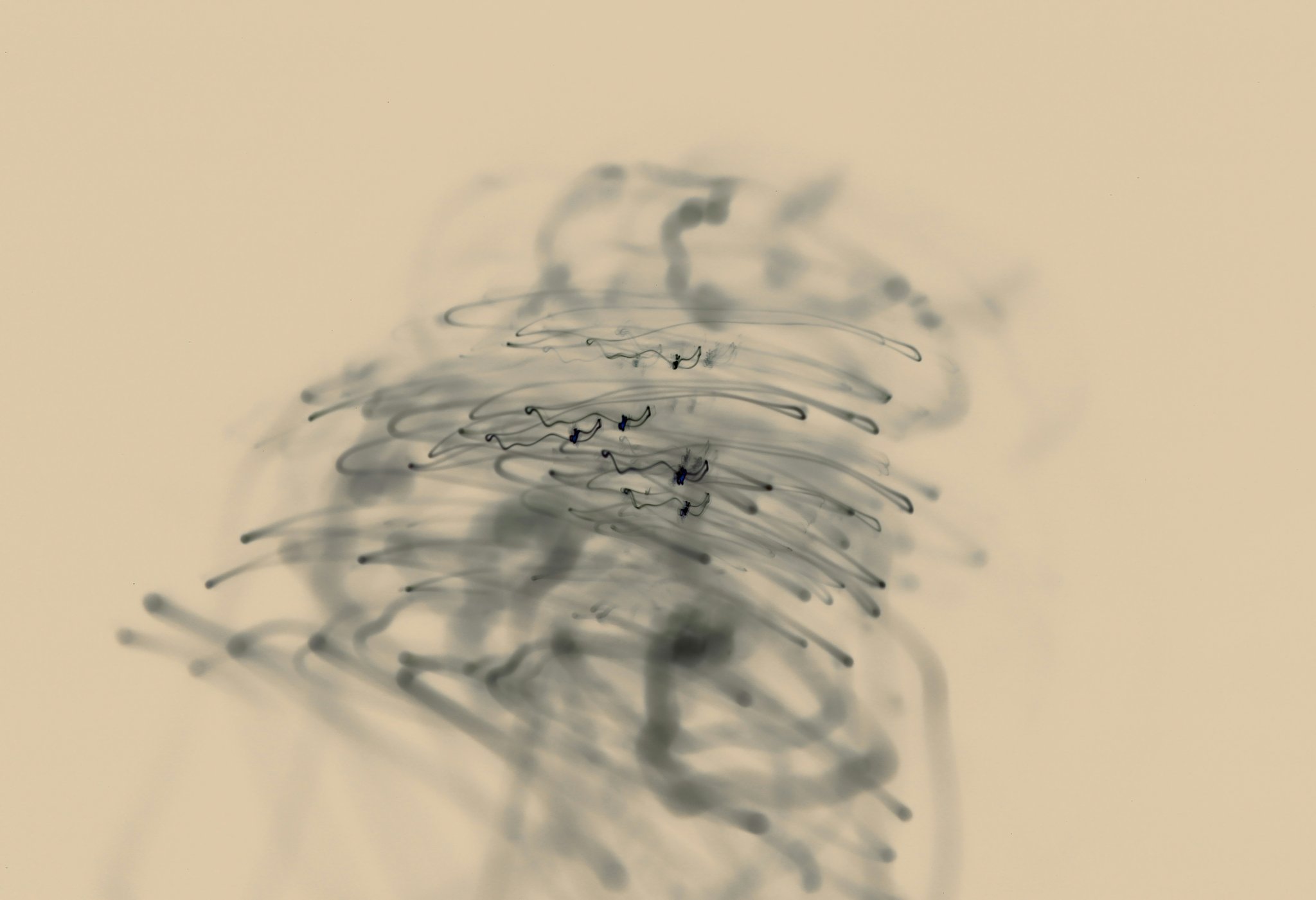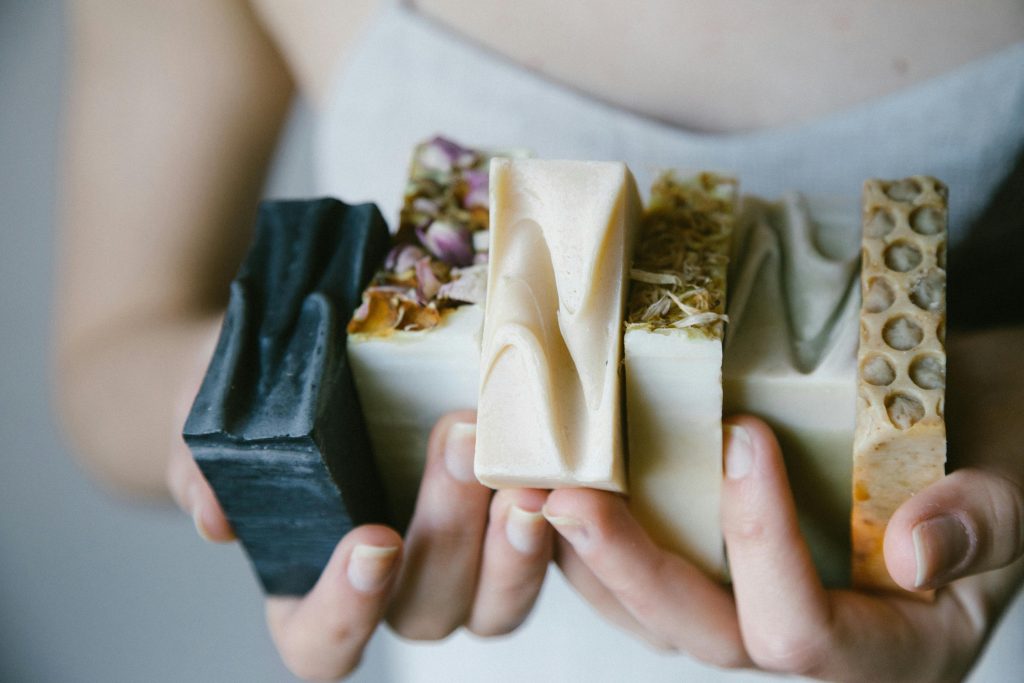Ever stared at your makeup bag, wondering why your concealer feels like it’s suffocating your skin instead of perfecting it? Yeah, us too. Turns out, not all concealers are created equal—especially if you’re aiming for that flawless “I woke up like this” glow without the toxic baggage. That’s where an organic concealer enters the picture. In this post, we’ll dive into why natural makeup lovers swear by organic concealers and how you can make the switch seamlessly. You’ll learn what makes them worth the hype, application tips, and even some brutal honesty about what *not* to do.
Table of Contents
- Introduction: The Rise of Organic Concealers
- The Problem with Conventional Concealers
- How to Choose & Use an Organic Concealer (Like a Pro)
- Tips for Mastering Natural Makeup with Organic Concealer
- Real-Life Examples: Why This Beauty Blogger Switched
- FAQs About Organic Concealers
- Conclusion: Glow Naturally!
Key Takeaways
- Organic concealers provide coverage without harmful chemicals or irritation.
- They’re ideal for sensitive skin and align with clean beauty trends.
- Achieving a radiant finish is easier than you think with the right techniques.
- Avoid common mistakes like skipping primer and over-applying product.
The Problem with Conventional Concealers

*Image description: A split image showing ingredient lists of a conventional concealer filled with synthetic additives versus an organic one with plant-based components.*
I once used a drugstore concealer on a breakout because, hey, desperate times call for extreme measures. Big mistake. My skin wasn’t just red—it looked like a tomato field after harvest. Ever since then, I’ve been hyper-aware of what goes into my makeup products, especially something as fundamental as concealer.
Conventional concealers often pack parabens, sulfates, and synthetic fragrances—ingredients that can irritate or clog pores. They might give you instant coverage but leave your skin unhappy in the long run. Meanwhile, organic concealers use natural ingredients like jojoba oil, shea butter, and chamomile extracts that actually *nourish* while they hide imperfections.
“Optimist You:* ‘Switching to organic will save my skin!’
Grumpy You: ‘But only if it doesn’t look cakey…'”
How to Choose & Use an Organic Concealer (Like a Pro)

*Image description: A model demonstrating proper technique for blending organic concealer onto blemishes and undereye areas using patting motions.*
If you want to ace the art of natural makeup, start here:
- Pick Your Shade Wisely: Organic concealers come in tons of shades tailored to different undertones. Forget matching foundation; go lighter for brightening effects under the eyes or darker for spot correction.
- Prep Your Canvas: Apply a hydrating serum followed by a lightweight primer. Trust me, prepping is chef’s kiss for flawless blending.
- Spot Placement Only: Dab small dots directly onto imperfections. No need to slather it everywhere—less is more when aiming for a natural look.
- Blend Gently: Use your fingers, a damp sponge, or a fluffy brush to buff out edges gently. Pat, don’t rub!
Pro Tip: For undereye circles, layer an illuminating cream beneath your organic concealer to boost radiance.
Tips for Mastering Natural Makeup with Organic Concealer

*Image description: A photo capturing a minimalist morning skincare routine ending with organic concealer application.*
To take your game up another level:
- Mix with Moisturizer: Create a sheer tinted moisturizer effect by mixing a drop of organic concealer into your face lotion.
- Layer Strategically: Start light and build coverage gradually. Overdoing it leads to creasing faster than coffee stains ruin white shirts.
- Set It Right: Use a setting powder sparingly around T-zones to avoid flashback during photos.
Rant Time: Can we talk about brands marketing “natural” concealers packed with hidden synthetics? Don’t fall for buzzwords alone—always check the label!
Real-Life Examples: Why This Beauty Blogger Switched
Enter Sarah Lee, a self-proclaimed #NaturalMakeupJunkie who struggled with acne-prone skin until she discovered an affordable yet effective organic concealer brand. Within weeks, her complexion cleared up. Her before-and-after Instagram Reels went viral—not just for the visible difference but because followers noticed her newfound confidence.
“Switching to organic felt like giving my skin permission to breathe,” Sarah says. “Honestly, I’ve never looked back.”
FAQs About Organic Concealers
Are organic concealers expensive?
Not necessarily! While higher-end options exist, many budget-friendly brands now offer clean alternatives. Just remember, quality matters more than price tags when it comes to your skin.
Do organic concealers work as well as traditional ones?
Absolutely. With advancements in green beauty tech, pigment payoff rivals conventional counterparts without the chemical load.
Can I find organic concealers suitable for oily skin?
Yes! Many contain mattifying agents like kaolin clay or zinc oxide to control shine effectively.
Conclusion: Glow Naturally!
We’ve covered everything from choosing the best organic concealer to mastering application techniques—and even vented about misleading labels. Clean beauty isn’t a trend; it’s empowerment through ethical choices. So next time you’re shopping, pick up that organic concealer guilt-free. Your skin deserves nothing less than pure perfection.
Now go forth, glow naturally, and remember: Like a Tamagotchi, your skin needs daily care. 🌱✨


